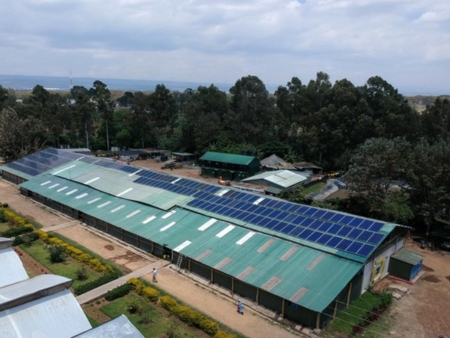Country: Nigeria
The project was designed to: develop a private sector-led technology value for making off-grid renewable energy technologies, such as solar lanterns and solar home systems (SHS), available to base-of-pyramid (BOP) rural households who would not be electrified at least until after 2025. The project directly supported the implementation of the Rural Electrification Strategy and Implementation Plan (2016) and the energy access targets in the SE4ALL Investment Prospectus. The project’s three outcomes included:
- Putting in place appropriate policies, programmes and regulations that address policy, awareness and financial barriers to facilitate investment in sustainable off-grid lighting solutions and corresponding business models.
- Off-grid lighting providers operating and having access to working capital and equipment.
- Documentation of good practices, lessons learned, market assessments, demand-supply surveys, delivery models and business models to support replication and scaling-up of project results. The number of direct project beneficiaries is expected to be around 96,380 persons, of which approximately 47,540 women.
The MTE will assess progress towards the achievement of the project objectives and outcomes as specified in the Project Document, it is an independent and holistic assessment of the project and assess early signs of project success or failure with the goal of identifying the necessary changes and improvement to be made in order to set the project on-track to achieve actionable, result oriented recommendations where deviations from its intended results is noticed. The MTE will also review the project’s strategy and its risks to sustainability. The result of the MTE will be used by all project stakeholders to determine and propose concrete and actionable recommendations, while also informing the project team for improving performance and act as learning exercise.
Duration: 12/2024 – 03/2025
Client: UNDP

